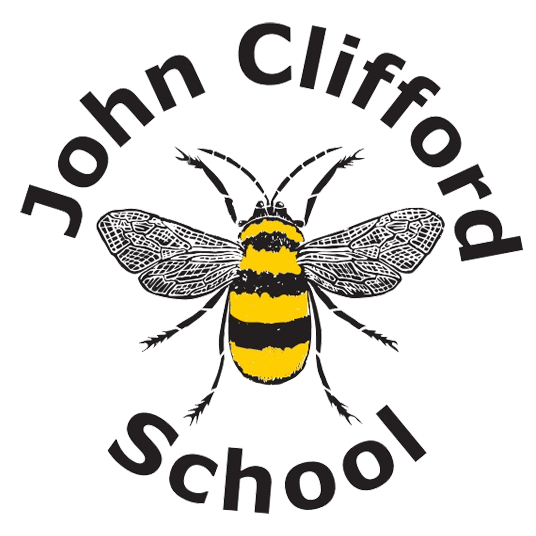Providing opportunities for all learners that go
Beyond expectation in
Education and
Experience

 Our Creative Curriculum
Our Creative Curriculum
at John Clifford School
We are really proud of the curriculum that we have developed for our children in recent years. We pride ourselves on the fact that we review and adapt our curriculum each year to ensure that it reflects the needs of the children, best practice, capitalises upon the events that are taking place throughout the year around the world and ensures inclusion and success for all.
We have been working on developing a 'core offer' within our curriculum and wider curriculum which commits to development of the whole child, with particular milestones identified as the children move through school. Our curriculum also endeavors to address some of the issues faced by many of our children.
We have incorporated the science of learning into all areas of our curriculum by breaking knowledge down into smaller steps, retrieving learning through low stakes quizzing, use of knowledge organisers, deliberate practice of skills and the revisiting of key concepts and important knowledge. Additionally, children are encouraged to take responsibility of their own learning in all subjects.
Please look through our exciting and creative school curriculum using the links below:


